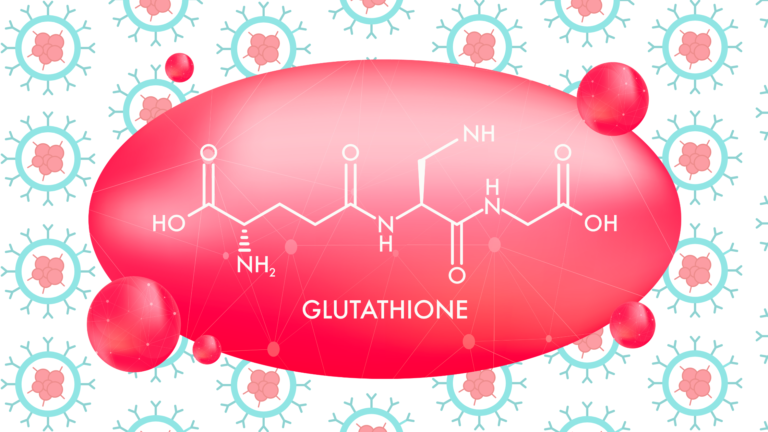
Berdi
urinary Track Health
The weather must have forced you into finding the most effective way to prevent the common cold and flu. You must have tried all sorts of herbal remedies and taken all possible medicines too. In this quest to find the miracle that can help you prevent the flu, many must have recommended citrus juices because they have vitamin C. But does vitamin C really work wonders? Let’s explore the relationship between vitamin C and the common cold. Is it a myth or does it really work?
Vitamin C, also known as ascorbic acid, is a water-soluble vitamin found in various fruits and vegetables. It plays a crucial role in collagen synthesis, antioxidant protection, and immune function.
Vitamin C, also known as ascorbic acid, has long been associated with immune system support and its potential role in preventing colds and flu. This relationship is rooted in the vitamin’s ability to boost the immune system and its antioxidant properties. While vitamin C is commonly touted as a remedy for preventing and alleviating cold and flu symptoms, the scientific evidence supporting its effectiveness is nuanced.

Research shows that vitamin C plays a crucial role in supporting the immune system. It stimulates the production and function of white blood cells, including lymphocytes and phagocytes, which are essential components of the body’s defence against infections. The enhanced immune response is thought to contribute to the prevention of colds and flu.
As a powerful antioxidant, vitamin C helps neutralise free radicals in the body, which can cause cellular damage and weaken the immune system. By reducing oxidative stress, vitamin C may contribute to overall health and resilience against infections, including those that lead to colds and flu.
Research on the relationship between vitamin C and the common cold has yielded mixed results. While some studies suggest that regular vitamin C supplementation can reduce the duration and severity of cold symptoms, other studies have found no significant impact. It’s important to note that individual responses may vary.
Mega-dosing on Vitamin C, a practice endorsed by some involves consuming large doses with the hope of supercharging the immune system. A study in the Journal of Manipulative & Physiological Therapeutics proves that megadosing vitamin C before or after the onset of cold and flu symptoms relieves and prevents the symptoms by almost 85%.
But many experts say otherwise. According to many nutritionists, overdosing on vitamin C won’t do much. That is because vitamin C is a water-soluble vitamin, not a fat-soluble vitamin. So, the excess amount won’t get stored in your body fat but will be excreted through the urine, providing no additional benefits.
Contrary to popular belief, loading up on Vitamin C at the onset of a cold may not be a guaranteed remedy. Prevention, in this case, involves consistent, moderate consumption rather than a reactive approach.

Achieving the right balance is key. Supplements can be beneficial for those with dietary restrictions or deficiencies, but they should not replace a nutrient-rich diet. Striking a balance between whole foods and supplements ensures optimal Vitamin C intake for sustained immune support.
You can take the Route2Health Vitamin C supplements to help you prevent and relieve cold and flu symptoms. With this 1000mg vitamin C, you can improve your immunity, preparing your body to fight infections better.
While it doesn’t guarantee prevention, maintaining adequate Vitamin C levels can reduce the risk and severity of colds.
Whole foods provide a spectrum of nutrients. However, supplements can be beneficial for those with dietary restrictions.
Excessive intake can lead to digestive issues. Stick to recommended daily allowances unless advised otherwise by a healthcare professional.
Consult your healthcare provider, as Vitamin C can interact with certain medications.
Vitamin C contributes to overall immune health, but it’s just one piece of the puzzle. A diversified diet and lifestyle are crucial.
No, different forms have varying bioavailability. Choosing the right one depends on individual needs and preferences.











©2023 Route2Health®️
NTN: 2229383
AN ASSOCIATED COMPANY OF HIGHNOON LABORATORIES
STRN: 0301999937728

WhatsApp us
